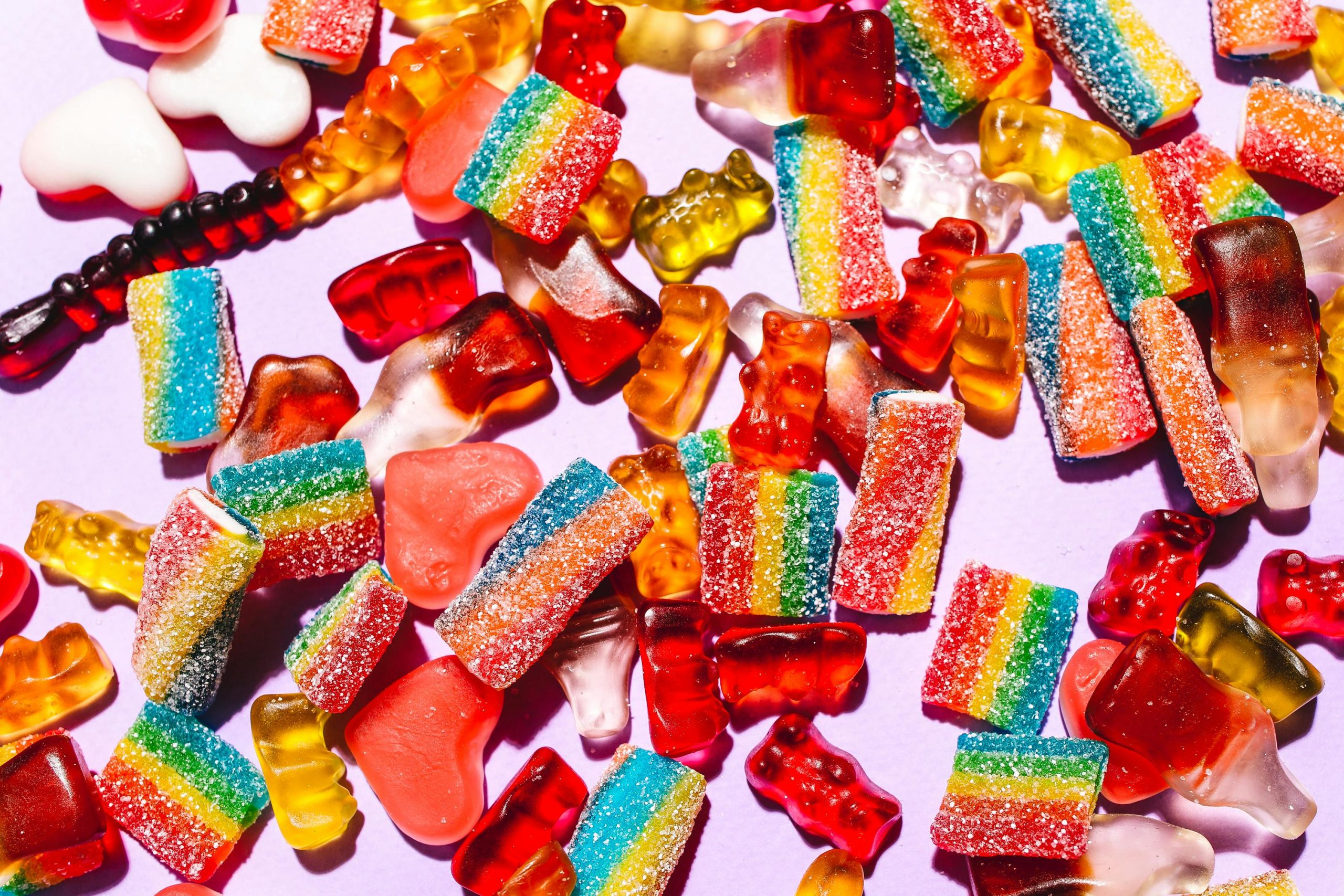Granola bars are a popular snack marketed as a healthy, on-the-go option, but many are packed with sugar and artificial ingredients. While granola can be healthy, many bars are loaded with sweeteners and preservatives to enhance flavor and shelf life. Even “low-fat” granola bars can still have high sugar content and little to no fiber or protein. If you’re looking for a healthier option, check the label for whole ingredients like oats, nuts, and natural sweeteners, and avoid bars with added sugars.
1. Granola Bars
Many grocery stores stock aisles of snacks that claim to be “healthy,” from granola bars to baked chips and fruit snacks. The truth is, just because a snack is marketed as nutritious doesn’t mean it’s good for you. Some of these so-called healthy options are packed with sugar, preservatives, and empty calories. If you’re trying to make better choices, it’s important to understand which snacks aren’t as healthy as they seem. Here are seven snacks that often deceive us with their “healthy” labels.
2. Veggie Chips
Veggie chips sound like a healthy alternative to regular potato chips, but they are junk food. Many brands add more salt, sugar, and oil than you might expect. Even if the bag touts that it’s made from real vegetables, the process of turning them into chips often removes most of their nutritional value. Some veggie chips are simply fried with a small amount of vegetable powder sprinkled in. This makes them far less nutritious than they appear. Always check the ingredients list and opt for baked or dehydrated options for a cleaner snack.
3. Fruit Snacks
Fruit snacks are junk food. They are often marketed as a great way to get your daily serving of fruit, but in reality, they aren’t. Many fruit snacks contain little actual fruit and are made from fruit concentrate, high fructose corn syrup, and preservatives. Even “all-natural” fruit snacks can have added sugars to enhance taste. To get the health benefits of fruit, try fresh fruit or fruit leather with minimal added sugar, or make your own at home for a healthier option.
4. Low-fat or Fat-Free Yogurt
Low-fat or fat-free yogurt may seem like a better alternative to the full-fat versions, but many of these yogurts are packed with sugar to make up for the flavor loss. Fat plays an essential role in the taste and texture of yogurt, so manufacturers often use sweeteners to compensate. Overconsumption of sugar can lead to weight gain and increased cravings. Choose plain Greek yogurt instead, which has higher protein and fewer added sugars.
5. Trail Mix

Image Source: Pexels
Trail mix is often touted as a healthy snack packed with nuts, dried fruits, and sometimes even chocolate, but not all trail mixes are created equal. Many pre-packaged mixes have excess sugar, sweetened dried fruits, or chocolate-coated nuts. This can add unnecessary calories and sugar. If you’re looking to make trail mix work for you, focus on unsweetened dried fruits and raw or roasted nuts. Avoid ones that contain candy or processed ingredients, and create your version for a healthier snack.
6. Protein Bars
While protein bars are marketed as a healthy and convenient way to refuel after a workout, many contain as much sugar and fat as a candy bar. Many brands pack their bars with artificial sweeteners, syrups, and refined carbohydrates. They aim to enhance flavor, making them far from the healthy snacks they claim to be. If you want to add protein to your diet, consider whole food options like hard-boiled eggs, Greek yogurt, or nuts.
7. Baked Goods Labeled ‘Whole Grain’
Many baked goods like muffins, breads, and crackers are labeled as “whole grain” to make them seem better. While whole grains are undoubtedly healthier than refined grains, some of these products still contain high amounts of sugar, refined flour, and oils. The term “whole grain” can sometimes be misleading. Such products may not be as nutrient-dense as you think. When selecting baked goods, look for options with whole wheat flour or oats as the first ingredient and avoid those with added sugars.
Just because a snack is labeled as healthy doesn’t always mean it’s a nutritious choice. Many “healthy” snacks are junk food. To make healthier choices, always read ingredient lists and nutritional labels carefully, and be mindful of portion sizes. Whole foods like fresh fruits, vegetables, nuts, and seeds often provide the best nutrients without hidden sugars or additives.
Read More


